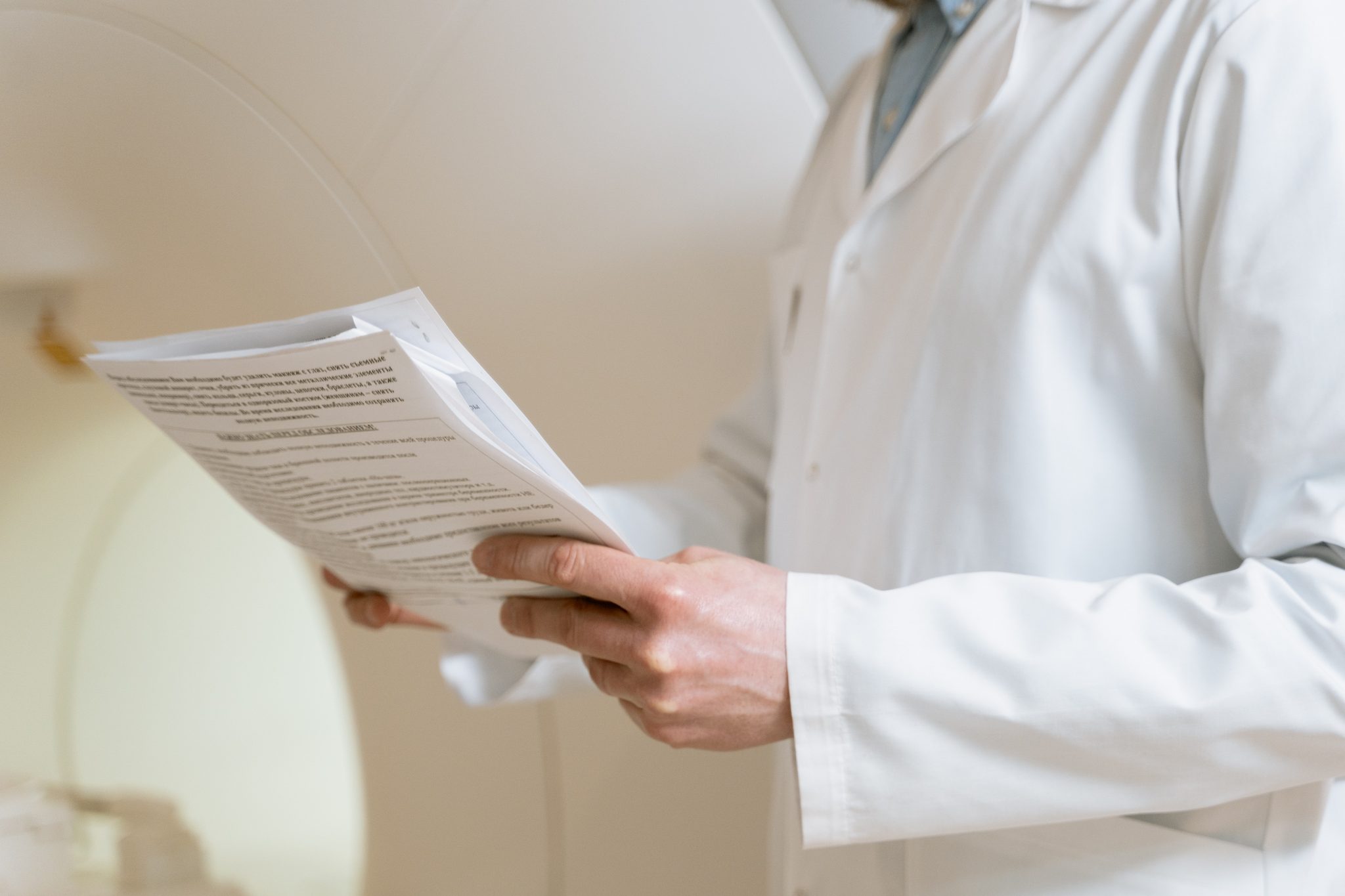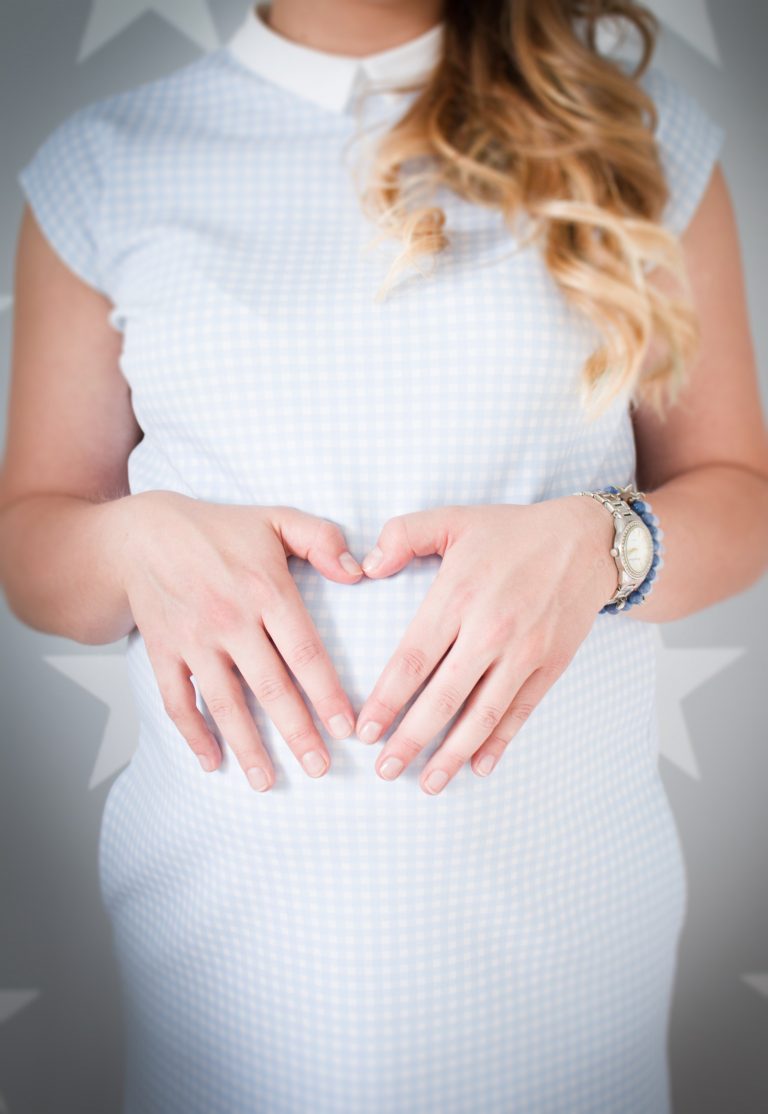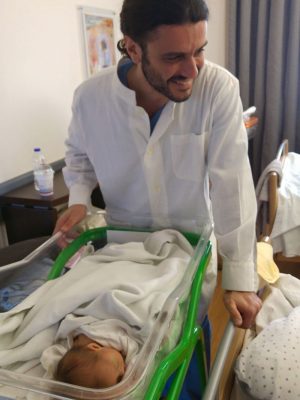IVF WITH EGG DONATION
IVF WITH EGG DONATION
In our days, In Vitro Fertilization with donated eggs is not a rare occasion. Many women achieve pregnancy and fulfill their dream of having a child with the help of another woman’s donated eggs.
Couples that have depleted all other alternative options, persist and eventually achieve their goal through egg donation.
The egg donation procedure has no side-effects for the receiver. Nevertheless, it’s an important decision with plenty of emotional and psychological complications. That is why it is recommended for the couple to seek support from a psychologist during this period.

Everything you wanted to know about
Egg Donation in the IVF Procedure

Egg donation is the perfect solution for:
– Women that have diminished ovarian reserve or bad quality eggs (e.g. women of advanced age).
– Women with Premature Ovarian Failure (POF) or Premature Ovarian Insufficiency (POI) that present symptoms similar to menopause before the age of 40.
– Women with genetic disorders like Turner or Down Syndrome that face increased chances of transferring the disorder to their children.
– Women that have suffered from Autoimmune Diseases or cancer and have undergone chemotherapy or Radiation Therapy that caused irreversible damage to their ovaries.
Which women qualify for egg donation:
According to the current Greek Legislation, women that want to become egg donors must:
– be between the ages of 18 and 35
– have full legal practice capabilities
– be healthy
If the donor candidate is married, or lives together with her partner in a free union relationship, she must acquire the written consent of her partner as well, in order to donate her eggs.
It is prohibited to donate eggs to people that you know. A major principle of medically assisted reproduction is donor anonymity. All the associated medical info is kept in encrypted form in the Cryopreservation Bank and in the National Archive of Donors and Recipients.
Which donors are considered suitable
Before being accepted for egg donation, the donor is examined by a physician, a geneticist and a gynecologist. Her physical and mental condition, her DNA and her reproductive system are all evaluated. She also has to undergo the following laboratory tests:
– Blood Type (Rhesus)
– Hepatitis (B and C)
– HIV
– Hemoglobin Electrophoresis
– Molecular screening for Mycoplasma hominis, chlamydia, Cytomegalovirus (CMV), Toxoplasma gondii, Listeria monocytogenes
– Cystic fibrosis
– Chromosome examination (karyotype) to avoid chromosome anomalies
Women may decide to donate their eggs either for financial benefits (they receive compensation for their donation) or for sentimental reasons, in order to assist other women who greatly desire to experience motherhood.

Procedure and Legislation
What is the procedure for egg donation in IVF according to Greek Legislation
As soon as the health examinations are done, the donor must undergo a hormonal treatment that will stimulate her ovaries. Then, after the completion of the ultrasound monitoring of the follicles, the egg retrieval can begin. On the very same day, the partner’s sperm is collected and used to fertilize the donor’s eggs. For the next 3-5 days, the embryos are incubated and finally, after the preparation of the endometrium, they are transferred to the donor’s uterus via the Embryo Transfer Procedure.
Greek Legislation is substantially more liberal on this issue compared to other European States. Despite that, though, it enforces strict laws that protect the couple as well as the donor. The identity of both remains unknown and confidential. The recipient can participate in the egg donation procedure until the age of 50. The donor’s egg retrieval is registered on the electronic archive of the National Authority of Assisted Reproduction.

The maternal connection
The success rates of pregnancies achieved with egg donation is about 60-70%
Epigenetic mechanisms have proven that genetic material interchange takes place during the early stages of embryo development, emphasizing on the important role that the uterus plays on the genotype and the phenotype of the child.
The 9 month pregnancy offers the mothers the magical experience of carrying life and giving birth and ultimately creates a strong connection with the child.




